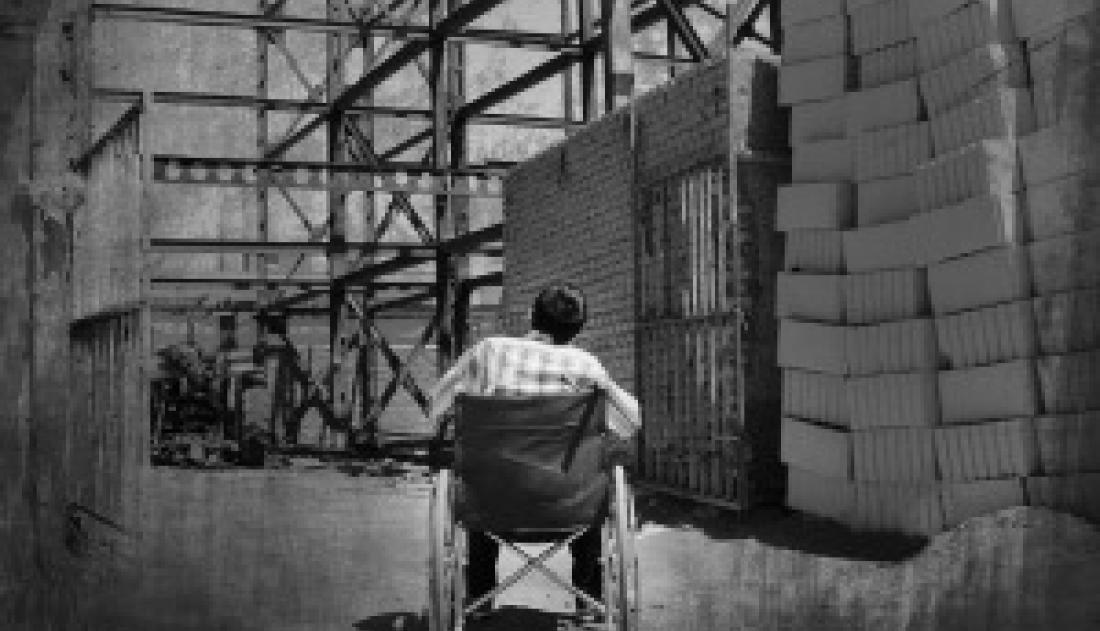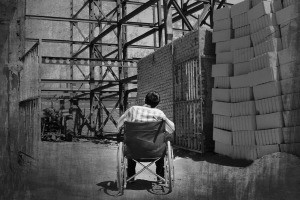
We participants gathered at the UNDESA Forum on Disability Inclusion and Accessible Urban Development, which was co-organized by the Department of Economic and Social Affairs and UN Habitat in Nairobi from 28 to 30 October 2015, and in conjunction with the 2nd World Cities Day themed “Designed to Live Together”, have reviewed the situations, experiences and solutions for persons with disabilities in cities and countries in Africa, the Americas, Asia and Pacific, Europe and Western Asia,
We found with concern that the estimated one billion persons with disabilities experience various physical, technical or institutional barriers in many cities and towns, ranging from inaccessible built and virtual infrastructures and resources, to a lack of user-sensitive facilities or limited access to basic public services, which present significant obstacles to inclusion and full and effective participation of persons with disabilities, and impede achievement of sustainable and inclusive development,
We further noted that international norms and standards such as the United Nations Convention on the Rights of Persons with Disabilities and national legislation and policies play important roles in contributing to accessibility in built and virtual environments, facilities and services, including information and communication technologies (ICTs), which benefit all, including persons with disabilities,
We are encouraged that the 2030 Agenda for Sustainable Development addresses accessibility and inclusion of persons with disabilities in Goal 11 (Make cities and human settlements inclusive, safe, resilient and sustainable) in particular,
We recognize that Habitat III and its outcome, the New Urban Agenda, would offer an important opportunity to further advance sustainable and inclusive urban development for all,
We are encouraged by the increasing number of initiatives, experiences and lessons learnt from good practices in countries, promoting accessible and inclusive development for all.
 Welcome to the United Nations
Welcome to the United Nations



